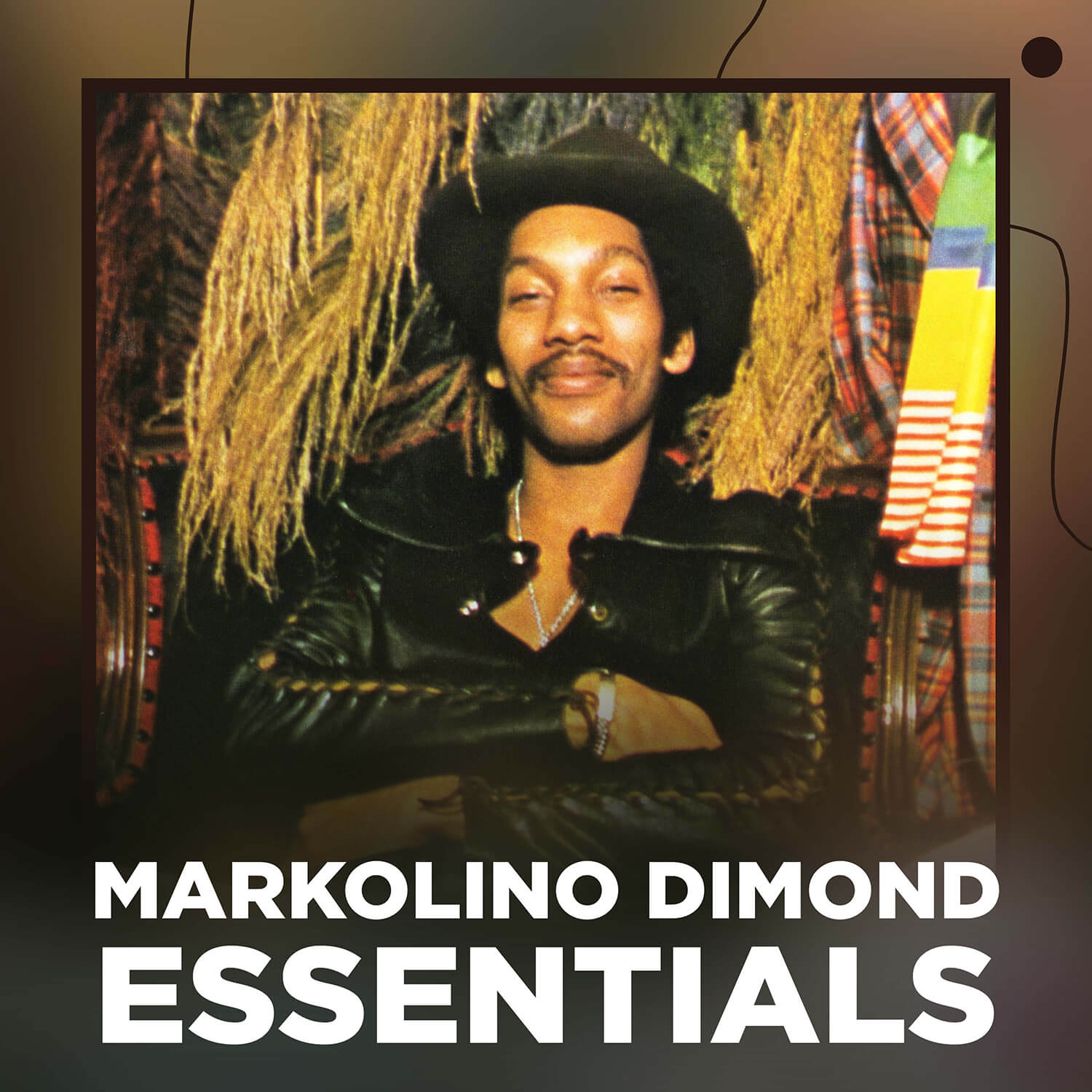
Joe Bataan’s life and career would make a good movie, at least a bestseller. His life has taken many turns, but he eventually landed on solid footing. He was born to Philippine, Afro-American parents and raised in Spanish Harlem. He had problems with the law and yet became one of the most accomplished performers of Latin music in the world – a vocalist, composer, musician, and internationally acclaimed performer.
Joe became a street gang member at a young age, broke the law and landed in Coxsackie prison in upstate New York for stealing a car. After his release, in 1965, having a totally different mindset, Joe began to write songs about the tribulations he’d encountered and connected with youngsters of his era who were going through similar struggles while searching for love. His ballads were eagerly consumed by his adoring fans and consistently topped the music charts.
He formed a band, The Latin Swingers, and directed his music to the audience he connected with, Latin youth. In 1966, producer Al Santiago caught wind of this fledgling talent and decided to record him for his new Futura record label, shortly after having sold his Alegre label to mobster/businessman Morris Levy, owner of the heralded Roulette Records. Al asked my brother Richard and I to join him at the Bronx’s Colgate Gardens nightclub to catch Bataan at work, as well as the other new band he was recording, Willie Colón y su conjunto, La Dynamica. At the time these kids were virtually unknown to anyone outside the Bronx. In fact, when my brother took the mic and introduced Joe’s band, he unintentionally referred to him as Joe Batman. I became intrigued with the band and when Al asked me to attend the Bataan recording, I jumped at the chance. There was a song Joe played that night at the Colgate Gardens named “Gypsy Woman” that drove the crowd wild. Everyone felt it would be a hit. The other band performing that night was Willie Colón, a skinny trombonist with a sound that created excitement around the dance floor. Oh, and his vocalist was another skinny kid by the name of Héctor Juan Perez Martinez, who would later have his name changed to Héctor Lavoe.
But sadly, Al became ill and couldn’t complete the album and asked me to find a buyer for the tapes. No one was willing to take a chance on a bunch of kids that didn’t play very well and had no union cards; a prerequisite to recording with any worthwhile labels. Richard convinced the people at Decca Records to take a chance with Joe and Willie. As it turned out, a consortium of Symphony Sid, Jack Hooke and Johnny Pacheco convinced the two artists to sign with the new Fania label that Pacheco had formed with his attorney, Jerry Masucci. The two albums Gypsy Woman by Joe and El Malo by Willie were acquired by Fania, hurriedly released, and became smashing successes. Joe went on to release eight albums for Fania and was heralded as the King of Latin Soul by the industry. Bataan broke away from Fania after financial disagreements and attempted to release records on Ghetto Records writing, “If I Were a King,” but Masucci put a stop to it, purchasing the recordings and releasing them on Fania. Joe officially left Fania in 1973 and signed with Salsoul Records with a new R&B sound that didn’t quite connect with his followers and in 1981 Joe went into retirement and worked as a youth counselor in a reformatory. In 1999 Joe hooked up with writer Ocho’s Chico Mendoza and recorded the single “Millennium Bug.” This got the wheels turning for Joe and he put a band together and began performing live again using his original repertoire. The reception he got was overwhelming and with the help of manager Ken Curtis he began touring again. Today Joe Bataan is a successful performer working steadily to the delight of thousands of fans across the world who delight in the resurrection of “Subway Joe” Bataan. —Bobby Marin

Yomo Toro

Richie Ray & Bobby Cruz

Pete “El Conde” Rodriguez

Sonora Ponceña

Larry Harlow

La Lupe

Celia Cruz

Fania All Stars

Roberto Roena

Joe Bataan

Ruben Blades

Bobby Valentin

Eddie Palmieri

Hector Lavoe

WILLIE COLON

Ray Barretto

Tito Puente

Ralfi Pagan

Markolino Dimond



